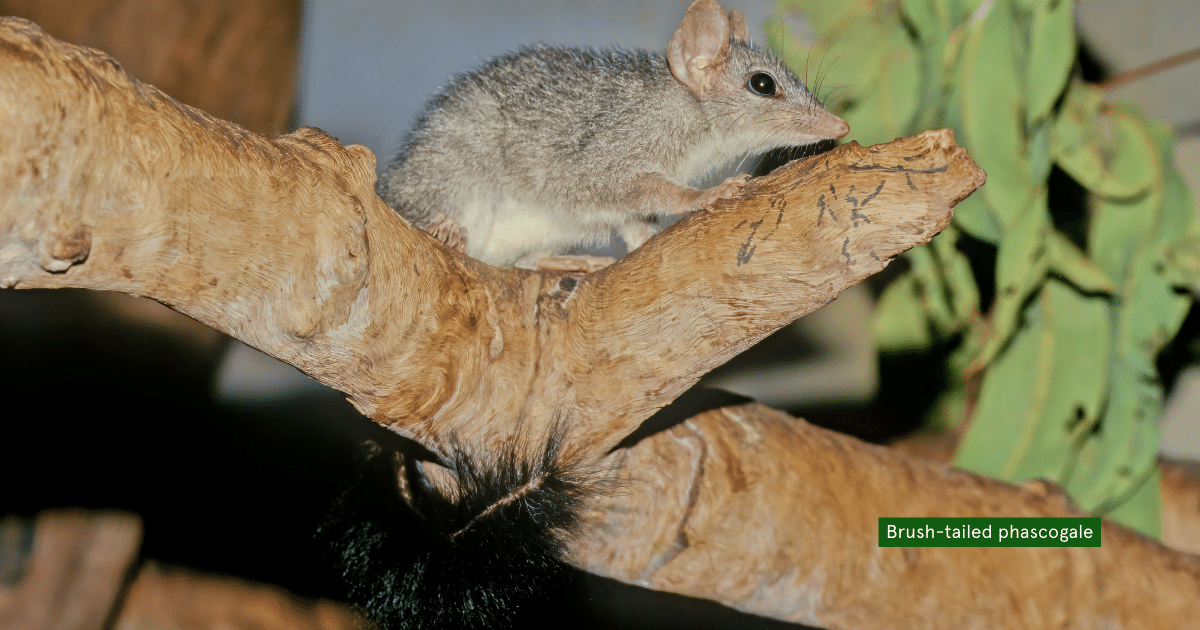The Gang-gang Cockatoo: Observations in the Wild and in Rehabilitation
December 2025
For emergency rescue support 24/7 please call 1300 094 737

These unusual Australian marsupials that many people have never heard of have unusual mating habits. They go into a frenzy of continuous mating for a period of three weeks between May and July and after exhausting themselves, the males die.
According to WIRES Northern Rivers coordinator Lib Rutyenberg, an underweight, sluggish phascogale found by a member of the public in Casino this week could have just been through this period of exertion.
"People often find the dead males, but it is unusual to find a living one," Lib said. "In the wild, male phascogales only live for one year, while the females live for about three years."
"When I had a look at this phascogale, I noticed it had one eye missing, but it was an old injury. It also had lots of ticks on it. If an animal is run down and unwell, they often carry a higher burden of parasites and can succumb to them."
Brush-tailed phascogales have grey fur and a cream-coloured belly. They grow up to 30cm long, but nearly half of their length is their black, brush-like tail for which they are named.
They live in small populations and breed and shelter in tree hollows, venturing out only at night. Their diet consists of insects, spiders and centipedes that they catch in bark, dead trees and leaf litter.
They can sometimes be seen jumping from branch to branch in the trees. . They are one of many small animals listed as vulnerable in Australia.

Stay in touch and get our regular rescue stories, WIRES updates and a free copy of our 15 Ways to Help Wildlife ebook
November 2025
November 2025
September 2025
August 2025